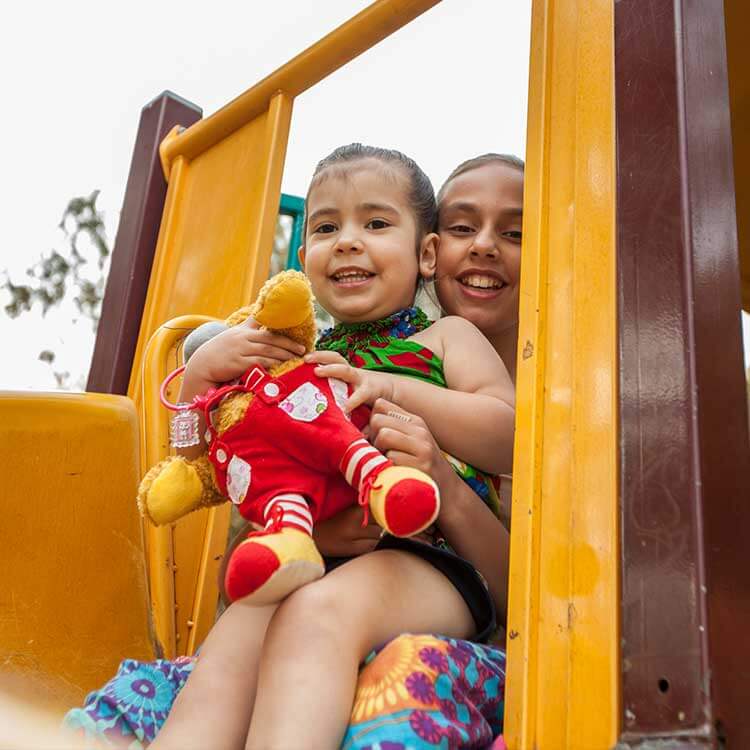Search
LGBQ+ people (Lesbian, Gay, Bisexual, Queer) are at-risk of discrimination and developing mental health issues within general populations. Limited research has assessed their mental health in emergency services occupations, a population which are known to experience poorer mental health. The current study explores the extent to which sexual orientation is associated with higher rates of mental health issues among emergency personnel.
Later ultra-high risk psychosis cohorts presented with different clinical intake characteristics than earlier cohorts

Dr Nicole Hill and a team of co-researchers from Orygen have received the 2021 Medical Journal of Australia (MJA) award for Excellence in Medical Research.

Communities with poor access to mental health services are eight times more likely to be youth suicide hotspots, according to new The Kids Research Institute Australia research.

Australian researchers join global effort to better understand how events during pregnancy and childhood influence the development of disease later in life.
This study investigated the influence of personality characteristics and gender on adolescents' perception of risk and their risk-taking behaviour.
Hair segment analyses revealed longer-term increased levels of cortisol in the past 3 months in early mental health problems
Clinical perspective from the ultra high risk (UHR) paradigm, that aims to identify people at high risk of psychotic disorder
There is a lack of understanding of why some people who self-harm escalate to suicidal behaviour when others do not. Psychological factors such as attachment...
Our findings demonstrate that Ultra-High-Risk groups evidence a similar clinical risk profile when we expand this beyond transition to psychosis
